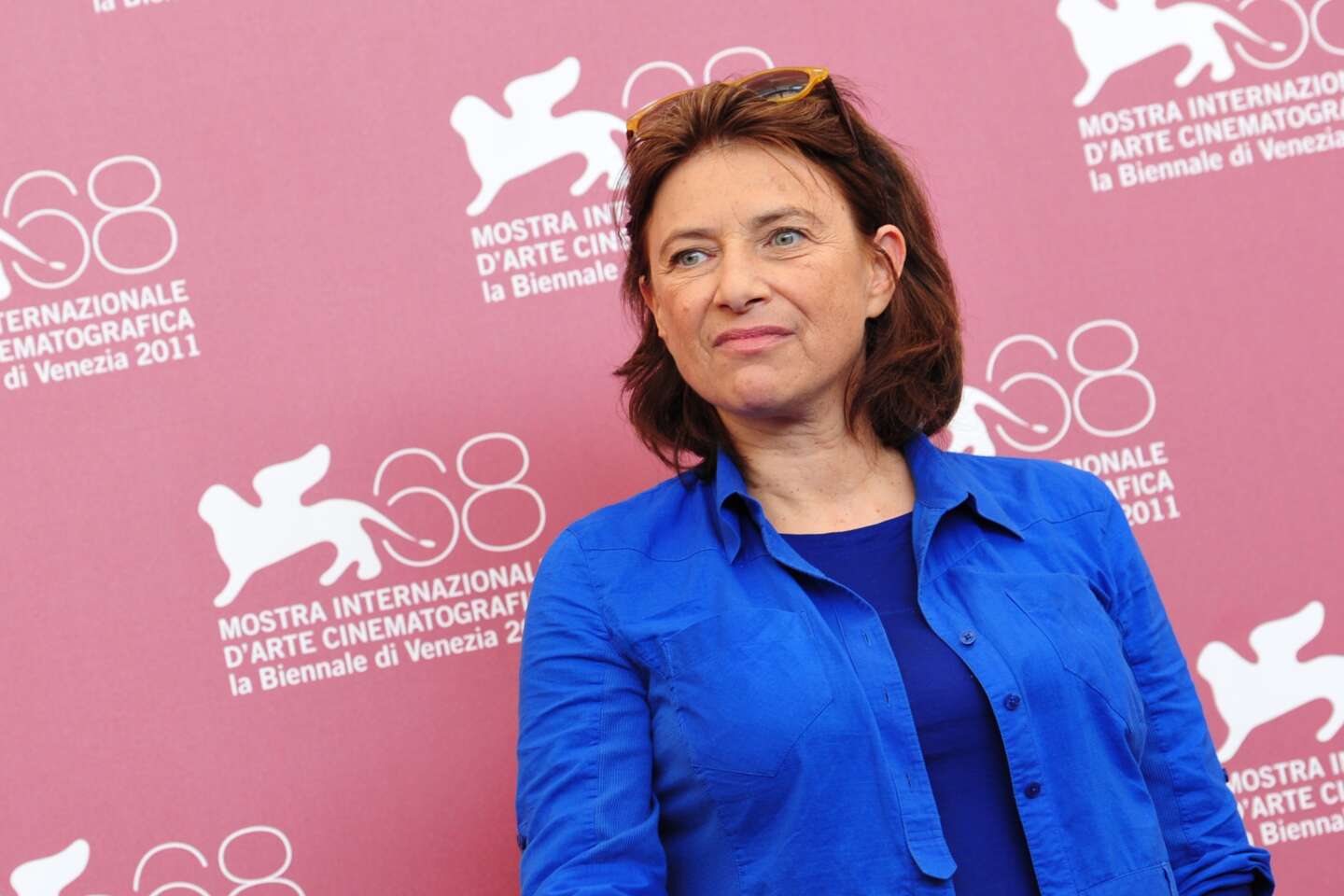ORn imagine, not without greed, the face that tens of thousands of film professionals around the world, especially in Hollywood, must have made when they discovered “The 100 Greatest Movies in History” revealed on 1is December by the British Film Review Sight and sound. Especially the identity of the winner. Who is a winner. Or Chantal Akerman and her film Jeanne Dielman, 23, Quai du Commerce, 1080 Brusselswhich he shot in 1975 with Delphine Seyrig.
Many have probably never heard of this bizarrely titled film and the Franco-Belgian filmmaker, author of around thirty films, who died in 2015 at the age of 65.
We can already hear the sighs. These rankings make no sense… Only that this journal produces a respected list, because it has been reviewed every ten years since 1952, and that its jury is consistent: 1,639 film specialists, all over the world. We add that a classification, because it is subjective, constitutes the mirror of an art, a society, an era.
The jury consecrates for the first time a film directed by a woman, shot with almost only women, which tells the story of a woman. And for eight days the reactions oscillate between admiration and affliction. Out of curiosity, many will have watched an excerpt on YouTube and discovered this sequence in which Delphine Seyrig, filmed in a fixed shot, peels three potatoes for six minutes. The intrepid will see her bathing and scrubbing a bathtub for five minutes. They will emerge from this journey at the end of boredom fascinated or frightened. To catch up, they will run on December 14 see Avatar: The Way of Waterby James Cameron.
Akerman’s film, shot when she was 25, tells the story of three metronomic domestic days, engulfed by household chores, of a widow at home with her teenage son, who also prostitutes herself for three clients in order to keep her budget – the full title of the movie refers to it. This goes on for more than three hours, punctuated by rare and dry dialogues, until the moment in which the daily routine falls apart to end in a radical gesture.
A masterpiece
It is a terrible film for many, a masterpiece for us – for the subject, the form, the narration, for the sound of the knife on the chopping board, for Delphine Seyrig. When the actress was asked why she made this film, she replied: “We’ve never filmed what half of humanity is going through. »
The consecration of Chantal Akerman is closely linked to the recent evolution of the jury – more numerous, feminised, globalised, diversified. Her victory is total given that another film by her is in the charts (News from home, 1977). At the beginning, Jeanne Dielmann dethrones Vertigod’Hitchcock, ed Citizen Kane, by Orson Welles, two monstrous works by two filmmakers who embody the tyrannical macho.
You still have 51.01% of this article to read. The following is for subscribers only.

